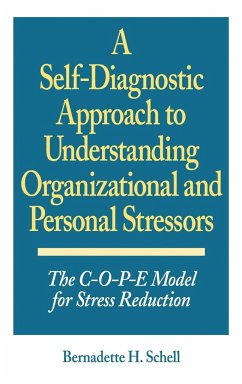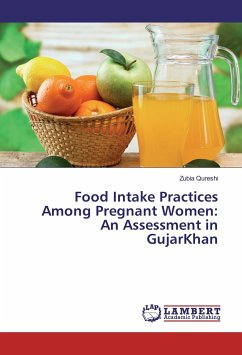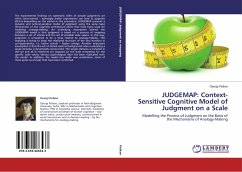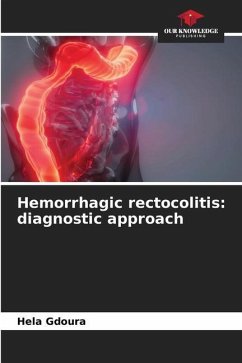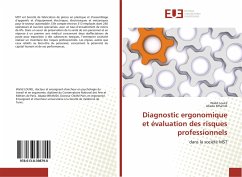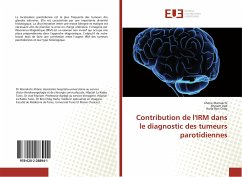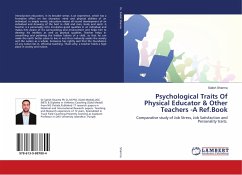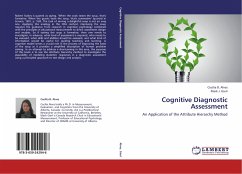
Cognitive Diagnostic Assessment
An Application of the Attribute Hierarchy Method
Versandkostenfrei!
Versandfertig in 6-10 Tagen
39,99 €
inkl. MwSt.

PAYBACK Punkte
20 °P sammeln!
Robert Stakes is quoted as saying, "When the cook tastes the soup, that's formative. When the guests taste the soup, that's summative" (quoted in Scriven, 1991, p. 169). The task of serving a delightful soup is not an easy one. Applying this analogy in the CDA context, improving the soup requires the guidance from research in cognitive psychology combined with the principles in educational measurement to direct assessment design and analysis. So if tasting the soup is formative, then one needs to investigate, in advance, what kind of assessment is required, who needs to be assessed, what skill...
Robert Stakes is quoted as saying, "When the cook tastes the soup, that's formative. When the guests taste the soup, that's summative" (quoted in Scriven, 1991, p. 169). The task of serving a delightful soup is not an easy one. Applying this analogy in the CDA context, improving the soup requires the guidance from research in cognitive psychology combined with the principles in educational measurement to direct assessment design and analysis. So if tasting the soup is formative, then one needs to investigate, in advance, what kind of assessment is required, who needs to be assessed, what skills and abilities should be assessed, and what kind of information would be useful for guiding teaching and learning. A cognitive model serves a crucial role in the process of improving the taste of the soup as it provides a simplified description of human problem solving. In an attempt to address a shortcoming in this area, the purpose of this book is to use the attribute hierarchy method to investigate the plausibility of modeling students responses in a diagnostic assessment using a principled approach to test design and analysis.



